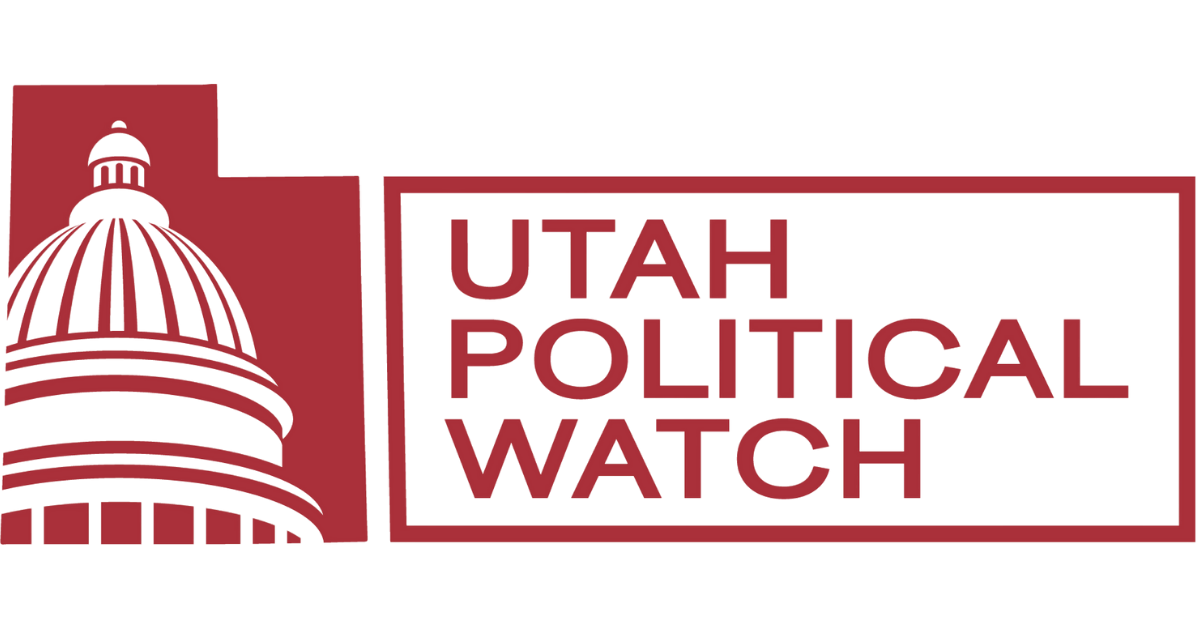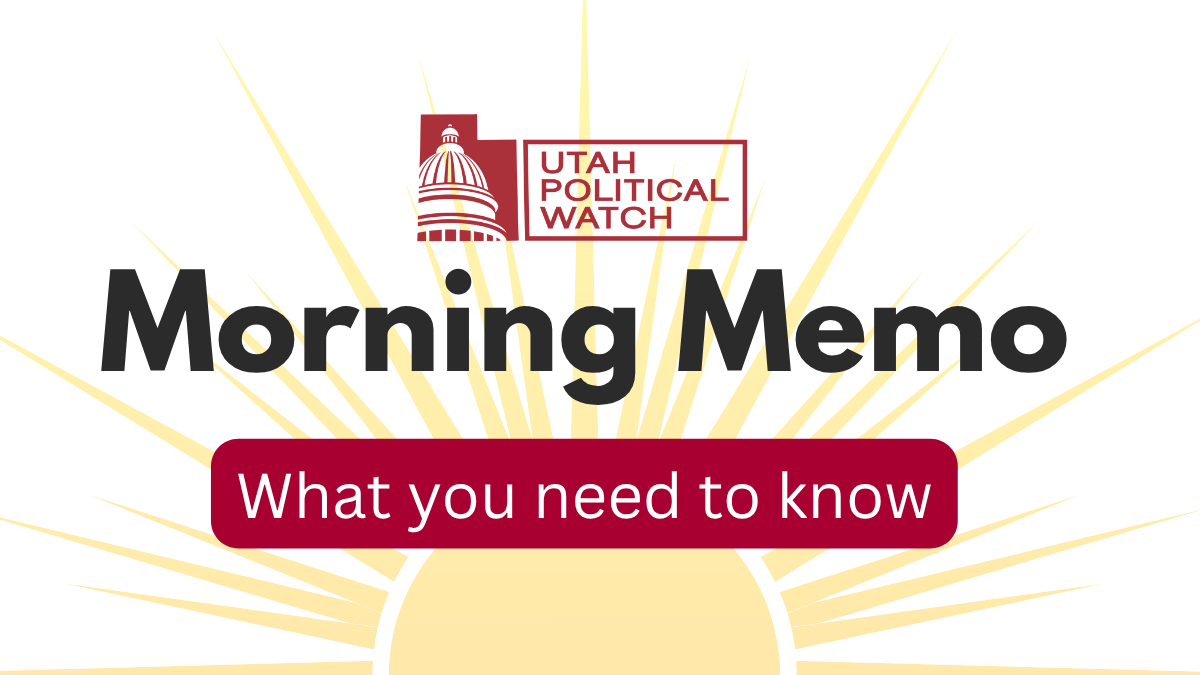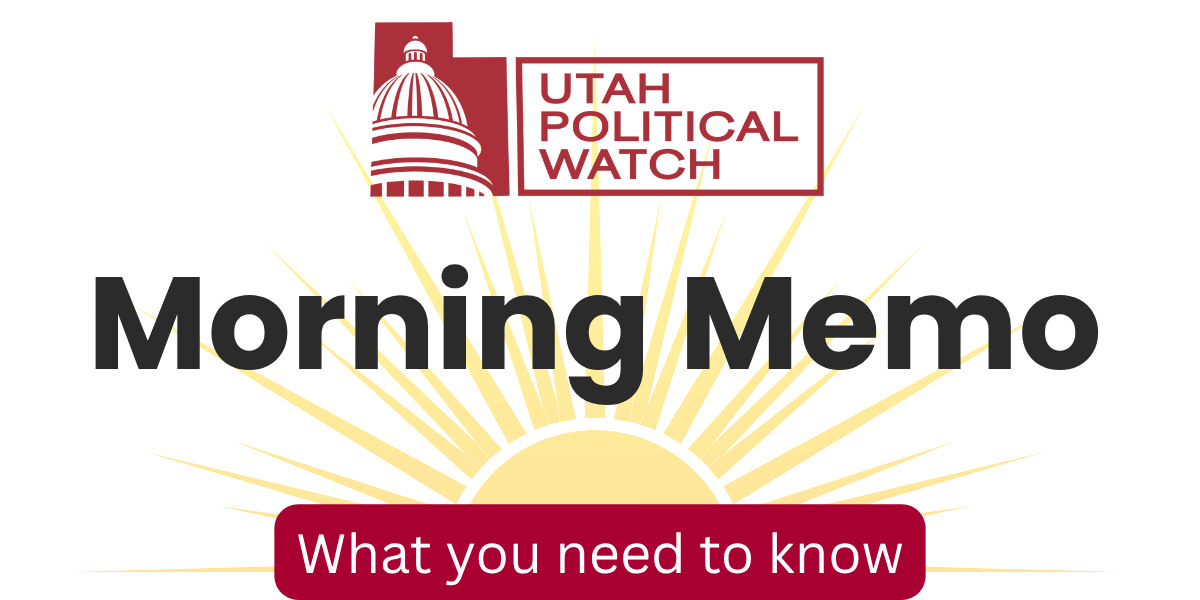As unlimited campaign spending continues to flood American elections with cash, one Utah legislator wants to give states the power to turn off the money spigot.
Sen. Kirk Cullimore is sponsoring SJR7, which urges Congress to amend the U.S. Constitution to allow states to rein in campaign spending within their borders. The move comes as the Supreme Court has repeatedly ruled that campaign spending is protected speech under the First Amendment, effectively blocking most attempts to limit election spending.
To stem the tidal wave of money, Cullimore wants to allow states to set limits on campaign spending.
Getting his proposed amendment through Congress and ratified by the states would be a monumental task. The bar for changing the Constitution is intentionally high: Proposing a constitutional amendment requires a two-thirds majority vote in both the House of Representatives and U.S. Senate. Then, three-fourths of state legislatures (38) must vote to ratify the amendment.
History shows just how difficult this path can be. The last Amendment to be ratified was the 27th Amendment, which prevents changes to Congressional salaries from taking effect until after the next election. The amendment was initially sent to the states in 1789, but it was not ratified until 1992 – 202 years and 223 days later.
Yet rapid change is possible when there's broad consensus. In 1971, it took just three months to ratify the 26th Amendment, which lowered the voting age from 21 to 18.
Afternoon headlines
Utah mayor says ICE agents may have broken the law in viral traffic stop. [Tribune]
Will Utah follow Tennessee's lead by banning adult-themed performances in public? [Deseret News]
Utah House passes bill allowing 18-year-olds to openly carry firearms. [KSL]
Bill allowing new teen drivers to have friends as passengers hits roadblock. [Fox 13]
Lawmaker: Utah high school students should pass a "U.S. constitutional and citizenship" class to graduate. [Deseret News]
Utah House passes bill on transgender inmate regulations. [Deseret News]
Watering Utah's child care "deserts." [Deseret News]
SLC police reports 460 jail bookings in 3 weeks as part of Mendenhall's public safety plan. [Utah News Dispatch]
Utah lawmakers look to reverse 2019 law, making it easier to deport people for misdemeanors. [Utah News Dispatch]
What's on tomorrow's agenda?
- Sen. Ron Winterton's "chemtrails" bill - SB126 - will be debated in the Senate Transportation, Public Utilities, Energy, and Technology Committee. This bill is inspired by the debunked conspiracy theory that airplanes are secretly spraying toxic chemicals in the sky.
- HB104, the proposal to require firearm safety courses in K-12 education, is back on the agenda in the House Education Committee. The bill was held by the committee to make some changes last week.
- Sen. Brady Brammer's SB204 is up in the Senate Judiciary, Law Enforcement, and Criminal Justice Committee. His proposal says if a law passed by the Legislature is struck down in court, the law will stay in effect if until the appeal is decided.
New bills that caught my attention
- HB408 from Rep. Rex Shipp creates a process for voters who are part of a school district to put any action taken by a school board on the ballot, including tax increases.
- HB412 removes limits on how many members of a certain political party can be appointed to state boards or commissions.
- SB221 requires residential child care centers to obtain a license if they are providing care for a certain number of children.
- HB414 allows the Department of Agriculture and food to make rules regarding the testing of raw milk at third-party laboratories when there's an outbreak of food-borne illness.
- SB223 from Sen. Mike McKell defines bullying by staff and other students in public schools.
- SB224 from Sen. Wayne Harper aims to take some of the sting out of rising property taxes. His proposal increases the household income limits to claim a credit on property taxes and boosts those credits.







